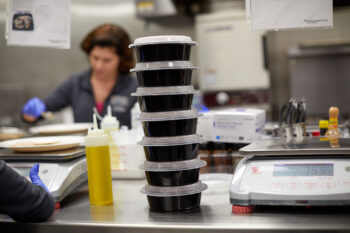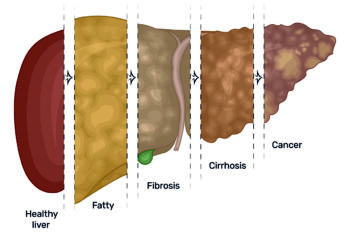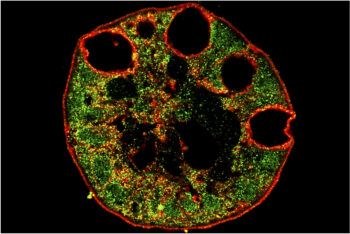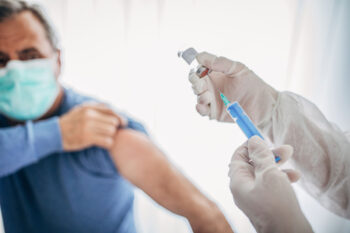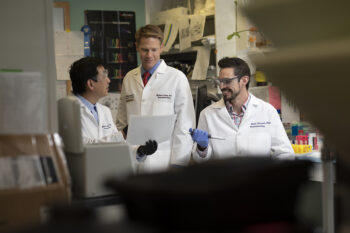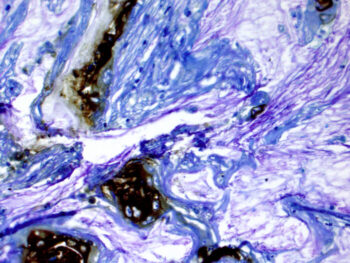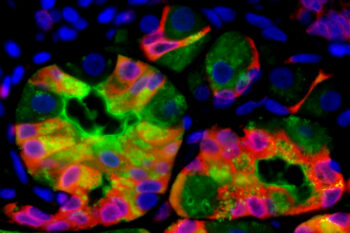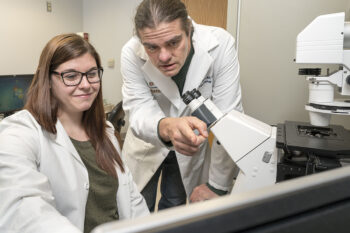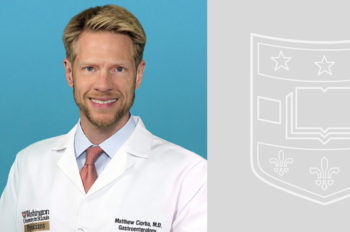Inflammation and metabolic disorders are deeply intertwined. For example, people with inflammatory conditions such as Crohn’s disease and psoriasis are at risk of developing metabolic disorders such as insulin resistance and diabetes. However troubling that connection might seem, it also might point to some promising news.
Scientists to explore whether anti-inflammatory drugs control blood sugar (Links to an external site)
